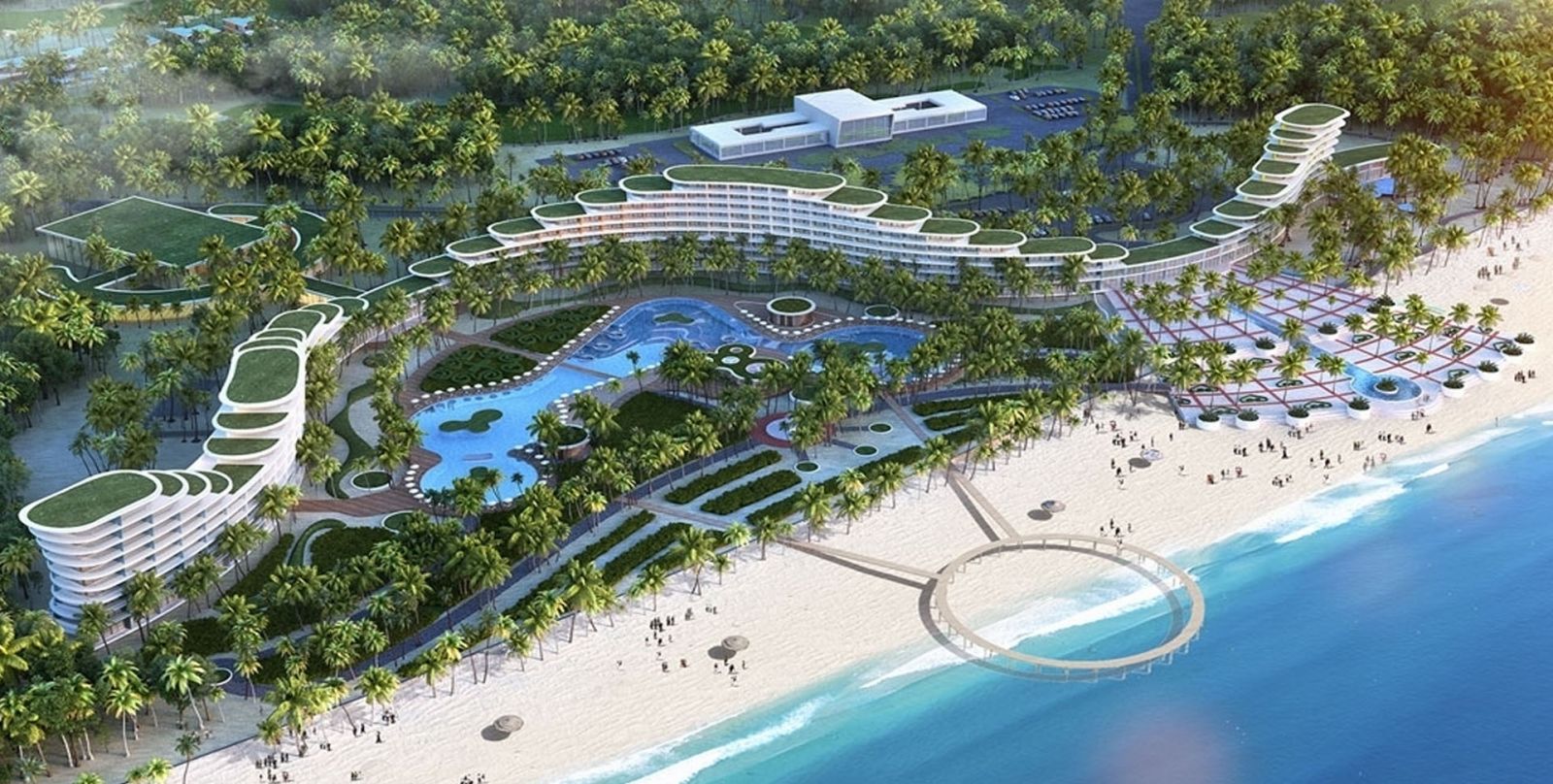Such transformation arises from several factors such as infrastructure improvements with new international routes, policies encouraging tourism, and contributions from the private sector.
According to Savills, 2018 has been an excellent year for Vietnam real estate market with positive signs coming from all sectors, among which hospitality stands out as one of the main sectors drawing enormous attention from international and local developers and investors. The market has exhibited many projects that are being planned, developed, and opened with the presence of new brands and products. In addition, demographic and consumer changes, influenced by global megatrends, will significantly increase the travel demand and create an inspiration for new products to catch these trends.

Experts have a positive outlook on Vietnam's hospitality real estate market in 2019.
Mr Mauro Gasparotti, the Director of Savills Hotels Asia Pacific, said Vietnam’s hospitality market has been an attractive sector for investors in the last few years due to its consistent growth. This growth is expected to continue next year partly due to boosts from global megatrends. One of the prominent trends is Information Technology, which had a tremendous impact on the tourism industry in both leisure and business sectors. The development of information technology will make travel much easier with higher quality products and many different accommodation options thanks to the help of travel support tools and applications. Smartphones, AI, electronic payments and social media have affected future travel in incalculable ways.
In 2019, Savills expects tourism will continue to grow but at a lower rate than the previous year. There will be a new wave of supplies with branded properties coming online such as Movenpick Cam Ranh or Melia Ho Tram, which could bring these locations onto the international tourism map.
This year, many condotel projects with enormous inventories are coming to the market. Condotels are good products only when they are well-studied, planned, and executed. However, those products could heavily damage the market if they are poorly planned and controlled because this would lead to a significant depression in term of room rates and occupancy in medium term, especially in beach destinations.
“We often encourage developers to study new trends and products that have not had much presence in the Vietnamese market such as branded residence, select service hotels, or experience-oriented resorts in order to diversify accommodation choices and capture the needs of a new generation of travellers,” Gasparotti noted.
However, these products also require investors to have a certain understanding of concepts and ideas as well as ways of cooperation between involved parties to ensure the implementation and feasibility of projects. Savills expects to see more green projects and sustainable development in the future, which will become a very important factor and criteria for the end users.
Gasparotti said: “We still have a positive outlook on Vietnam's hospitality real estate market in 2019 and look forward to positive outcomes next year.”


















